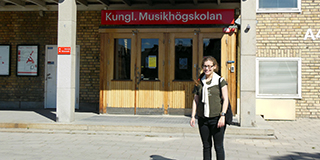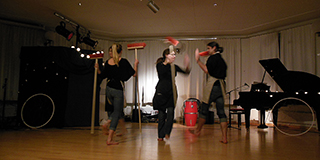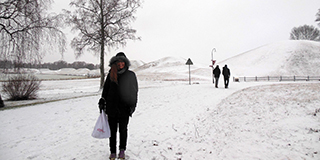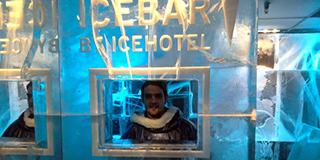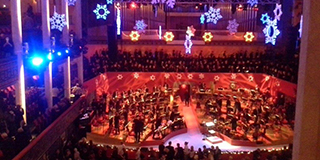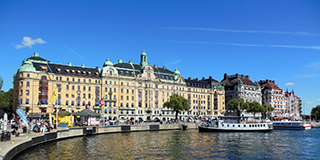
The long-term goal of our exchange programme with the Royal College of Music (KMH) in Stockholm, Sweden is to establish sustainable partnerships and strengthen the internationalization and the cooperative skills within both the KMH and the NWU School of Music. The project focuses on the development of capacity in Music Education in order to impact important global issues. Together, we develop our expertise in education methods, which enables us to deal with global issues and perspectives. Through this and similar programmes both institutions hope to continue building our network of like-minded colleagues, including our students, in various parts of the world.
The goals of the NWU School of Music focus on gaining knowledge and skills regarding Dalcroze Eurhythmics. We also aim to develop classroom and instrumental methodology and didactics for music students and for in-service training of music teachers. We aim in the long run to build capacity in Dalcroze Eurhythmics at the university and in South Africa, and to establish training programmes. Our aim for student exchanges is clear: we want students to be trained in Dalcroze Eurhythmics and in other secondary fields. These goals stem from our conviction that this teaching method has the potential to contribute to the transformation of our multicultural society.
KMH’s goals centre on gaining knowledge of methods for multicultural teaching, methods that can be focused on the music teacher training programme at KMH. The other focus falls on skills in performing and teaching African music. KMH is also interested in building possibilities for Swedish teacher training students to spend a placement period in the region and to liaise with NWU lecturers as placement supervisors.
Both institutions are also aiming to establish mutual research projects within music education, mainly in music pedagogy and methodology.
In line with our past experience – our cooperation since 2007 – we plan Palme exchanges for Swedish students and lecturers to visit Potchefstroom during fall semesters (August to January) and Linnaeus exchanges – South Africans in Sweden – for spring semesters (January to June). The beginnings of the respective academic years do not coincide and we found it to be an advantage for the teachers to visit the other institution when ‘their’ students are there at the start of an academic year. Then teachers can see the students in action abroad and have a first evaluation on the spot.
Living and studying music in another country exposes students in an authentic way to global issues. Music has always influenced multicultural processes created by artists from various cultures. This is especially true of South Africa, but also in Sweden. Exchange students will have the opportunity to get to know the people who embody the issues, and not just the ideas.
Musicians are always making music. When one does this in a new culture, your knowledge of your subject is enriched in purely technical ways, and also in other ways, because of the great degree of integration between musicians who are making and studying music together. From their previous experiences, students list advantages that they have gained: personal growth, new ideals/dreams, working in ensembles, living together with students of other parts of the world, observing and participating in education (also in schools), asking familiar questions in new ways because of new interpersonal processes, feeling the tensions and problems in the new culture, and seeing themselves in new ways as some of the experiences that leads to new perspectives and augmented knowledge on global perspectives. We are confident that students will continue to have these experiences, and we will ensure that these experiences are as rich as possible through stimulating reflection and dialogue.
For further information regarding this exchange programme, please contact Ms Rineke Viljoen.
